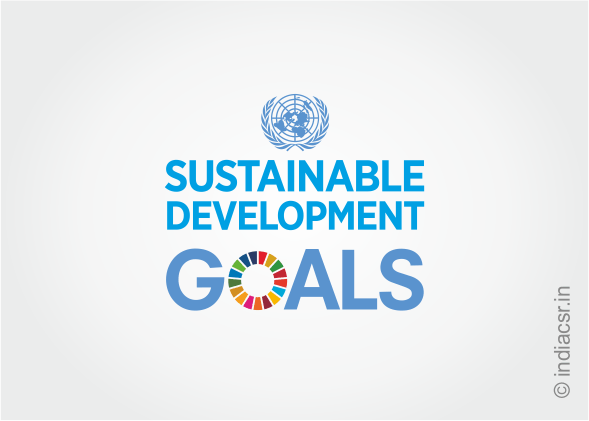With COVID-19 crisis overpowering the healthcare system of the most powerful nations across the world, it is proving to be the toughest battle of this century that the entire humanity is fighting together. The most optimistic estimates suggest that we are still 4-6 months away from a possible vaccine for COVID-19. No wonder, each and every country is preparing its healthcare system to fight against the spread of this deadly virus.
The Indian government has put strict preventive measures like countrywide lockdown, and is pooling funds through PM CARES to strengthen our fight against COVID-19.
But is this an optimal use of CSR funds?
As the PM CARES fund allows corporations to donate their CSR funds to this central pool, the Indian corporates have generously contributed to boost government preparedness of our health care system. Within a week of March 28 launch, the PM CARES fund was filled with INR 6,500 crores and its counting. Corporates like Tata Group, Aditya Birla, Kotak Mahindra and many others have generously contributed to this fund.
At this stage, corporates are completely justified in putting their CSR funds to the central war chest given the huge support that the health care system may require in the coming weeks and months.
This, however, is against the original idea of CSR which was meant to leverage large distributed implementation infrastructure of corporates in benefiting their stakeholders and communities. If it is donated to the central war chest, it is more of an additional 2% corporate tax charged by the Government whose implementation will be in the hands of the central bureaucracy, whose efficacy is questionable.
This will jeopardize the gains achieved in the last few years as corporates will have no funds left for their long-term social commitments where they have made strong improvements in the last few years. One of the key areas where CSR funds have helped is Education under the Quality Education – Sustainable Development Goal (SDG) of the United Nations.
With a huge gap in the quality of India’s education system, the country’s increasing youth population is in danger of becoming a burden rather than an advantage. Realizing this need, corporates over the last few years, have contributed a larger share of their CSR funds being into ‘education and skill development’ projects.
Education CSR must not lose focus
For now, health turning out the top priority for corporate support is completely justified. Even in 2017-18, as per the government statistics, corporates spent ~20% of CSR funds into healthcare and ~40% in education. Instead of moving their funds into PM CARES, corporates could have increased their allocation to healthcare to 40% and would have created a larger impact in their local community which is looking up to them for support.
Additionally, the Rs. 18,000 Cr of CSR fund is miniscule when compared to funds required to fight COVID-19 menace. If left to corporates, this fund could have been used in a more efficient way to create local impact. Amongst all this, if focus on education is lost, we can regress to lower GER and higher drop out ratios. This will further impact the employability of youth and create discontent amongst them.
The deep crisis in the education system can only be solved with a long-term vision and consistent focus. Currently, India has a Gross Enrolment Ratio (GER) of just 26%. This means that out of 100 students at primary level, around 74 students fail to reach higher educational institutions.
Over the last 5 years, the Gross Enrolment Ratio (GER) has improved slightly from around 24.3% in 2014-15 to 26.3% in 2019-20. This means that government initiatives have not proven enough to fast pace this growth in GER. It requires consistent support from private players and corporates who have been addressing the key GER challenges at ground level through their CSR schemes.
As per the National Sample Survey (NSS), this huge drop-out is because of the financial challenges that the majority of the student population faces. The financial support mechanisms for such needy students have been developed by both central and state governments, but that is highly focused on school education and allocates limited funds to higher education.
The overall government scholarship outlay is about Rs. 20,000 crore. The need, however, is much bigger. Given the ~5 crore student population at class 11-12 level with the majority of them facing financial problems, the budget required for scholarship and other education support schemes is much bigger.
CSR goals of reducing drop-out in Indian education eco-system
The education-related projects from different CSR bodies have increasingly focused on reducing this drop-out rate at secondary and higher secondary level. Over the last few years, the corporates have started spending more than 40% of their CSR budget on education and skill development related projects.
The reason behind such major CSR spent in this sector is that it resonates with the long-term social impact that corporates generally set in their Corporate Social Responsibility (CSR) goals. The result-oriented focus of CSR projects also ensure that the education projects are implemented well and bring a positive impact on the ground level.
Thus, the temporary diversion of funds to the health sector is good, but any major cut on education CSR may hamper the long-term social change that corporates have been nurturing for years. The education-related projects must keep rolling to effect sustainable social change.
(CopyRight@indiacsr)






















